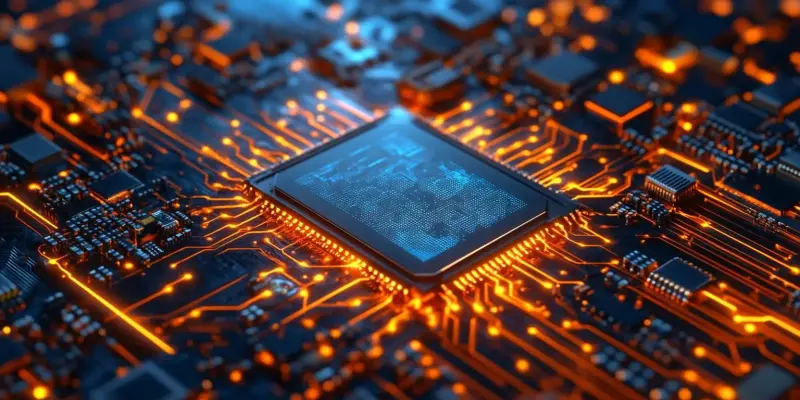DeepSeek, a growing name in the artificial intelligence industry, has recently been exploring the development of in-house AI chips to enhance its computational power. The company, which started as a side project but quickly evolved into a significant player with advanced language models, is now positioning itself to compete head-to-head with major AI organizations like OpenAI. According to reports from DigiTimes, DeepSeek has ramped up its recruitment efforts, seeking to bring on board semiconductor experts who can drive this ambitious project forward. However, this endeavor is not without its challenges, given the complexity of AI chip development and the intricate supply chains involved. Furthermore, DeepSeek must navigate global sanctions that limit access for Chinese companies to essential semiconductor manufacturing processes.
Strategic Resource Diversification
Currently, DeepSeek’s computational arsenal includes approximately 10,000 of NVIDIA’s China-specific H800 AI GPUs and the more advanced #00 AI chips. In addition to these, the company utilizes Huawei’s Ascend AI chips for inferencing tasks, providing a broad array of computing resources valued at around $1 billion. This diverse infrastructure is foundational to DeepSeek’s operational capabilities, allowing the company to perform complex machine learning operations. However, to stay competitive in the rapidly evolving AI landscape, DeepSeek’s move towards the development of proprietary AI chips is a strategic attempt to diversify and strengthen its technological foundation. Proprietary chip development could lead to more efficient processing, reduced dependency on external suppliers, and potentially lower costs in the long run. Whether these benefits will offset the initial challenges of in-house development remains to be seen, but DeepSeek’s initiative signals a clear intent to innovate and expand its influence in the AI sector.
Market Implications and Competitive Dynamics
The AI industry is seeing a clear trend among companies to develop proprietary technologies to strengthen their competitive positions. Firms like DeepSeek are investing in in-house AI chip development to gain a technological edge over rivals. However, well-established competitors such as OpenAI pose substantial challenges due to their significant resources and expertise. OpenAI sets a high bar, making it hard for newcomers to have a similar impact. Still, DeepSeek’s initiative to improve its technological infrastructure shows its desire to compete vigorously. If successful, this could reshape market dynamics by adding more diversity to available AI technologies. DeepSeek’s navigation of these challenges and its ability to leverage innovations will be crucial for its long-term success. The AI chip development race isn’t just about technological advancements; it’s also about strategic positioning, market share, and influencing future industry standards.
DeepSeek’s move towards developing proprietary AI chips not only demonstrates its ambition to boost its technological base but also to foster innovation within the company. Future success will depend on effectively integrating these technologies into existing operations and handling various technological and logistical challenges. This movement indicates a trend in the AI sector, where firms strive to gain competitive advantages through proprietary innovations, challenging the dominance of established players like OpenAI.

